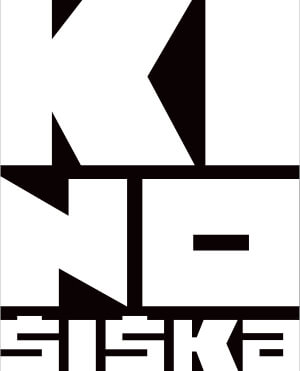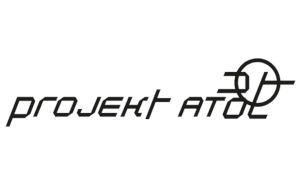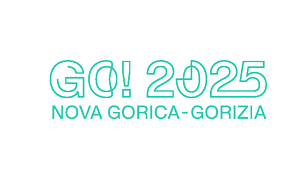‘I am a living being.
I am already dying.
I am a dying being.’
I formulated this statement in 2020 to mark the inception of an artistic series investigating death from an ecological perspective.
The series builds upon my practice around leaky and vulnerable bodies and ecologies featuring the direct manipulation of living processes with (bio)technology. The series thus develops my practice’s core by addressing how, in the Global North, death is a lingering taboo with tangled ethical implications. These implications can be seen e.g. in how the biomedical extension of life is praised as an indisputable value, whereas the deadly exploitation of those considered ‘less worth’ (because of gender, species, etc) is legitimized. The taboo rests on a binary assigning a positive value to life and a negative to death – but depending on whose life or death.
Following these reflections, questions arise from the 2020 statement, such as: what kind(s) of death(s) am I dying? What does it mean to be a dying being in times of technoscience and eco-disruption? The series addresses such questions though performance, manipulation of biological processes, ecological observation, and philosophical inquiry.
Philosophically, concepts from queer death studies and environmental humanities help critically examine how death’s processuality unfolds through ecology and biotech. Artistically, different projects radically engage with macro and micro ecologies. Lament looks at post-wildfire ecologies in soil and features an installation-performance and community engagement. Hlymia interrogates the conflictual relation between my immune and skin cells in my auto-immune condition.
Ultimately, the series asks: by embracing death as a vulnerable, generative agent, what novel ways of inhabiting the world may emerge? My talk will discuss the series’ current development and underpinning questions with a situated approach, to prompt a discussion on how death may catalyse ideas, ethics and aesthetics.
Known internationally for her otherworldly work with living matter, ecology and biotechnology, Dr Margherita Pevere is an artist and researcher addressing taboos like death, sex and vulnerability. Her practice embraces object-making, installation, performance, and writing, which she waves seamlessly thanks to her transdisciplinary background.
Her project Lament on wildfire ecologies received the COAL Prize / Transformative territories mention (2024) and she was nominated for the Falling Walls Awards / Category Art and Science (2023) for the body of work around her concept ‘arts of vulnerability’. Her artworks have been shown at iMAL - Center for digital cultures and technology, Bruxelles; Foundation L’Art Pur, Ryhad; Kunstquartier Bethanien, Berlin; Kiasma Theatre, Helsinki; Kapelica Gallery / Kersnikova, Ljubljana; KONTEJNER, Zagreb; Ars Electronica, Linz; Wiener Festwochen; Casa Viva, Mexico City, among other.
She runs the performance group Fronte Vacuo with Marco Donnarumma to create works that combine body art, dance, theatre, audiovisual performance and technology. Among the projects she initiated, the show Membranes Out Of Order (co-curated with Theresa Schubert and Karolina Żyniewicz) featured an innovative exhibition concept based on artworks and research materials. Recent art and science partnerships include the Joint Research Centre of the European Commission and the Heimholz Centre for Infection Research. She is a member of the Finnish Bioart Society and the Queer Death Studies Network, and affiliated researcher of The Eco- and Bioart Lab.
Pevere holds a doctorate in artistic research from Aalto University on art, biotechnology and queer studies. Her publications cover arts, aesthetics, environmental humanities and queerfeminist studies.
Back








